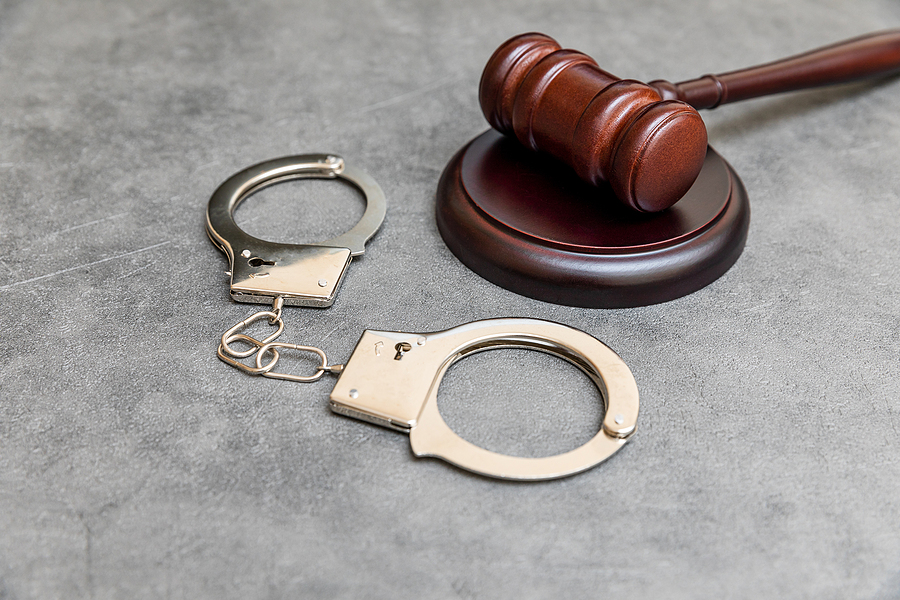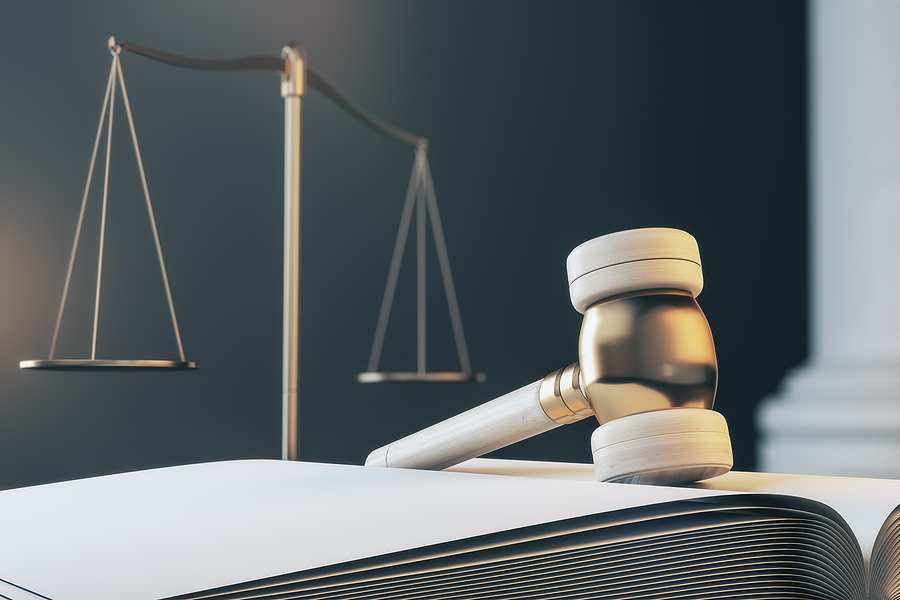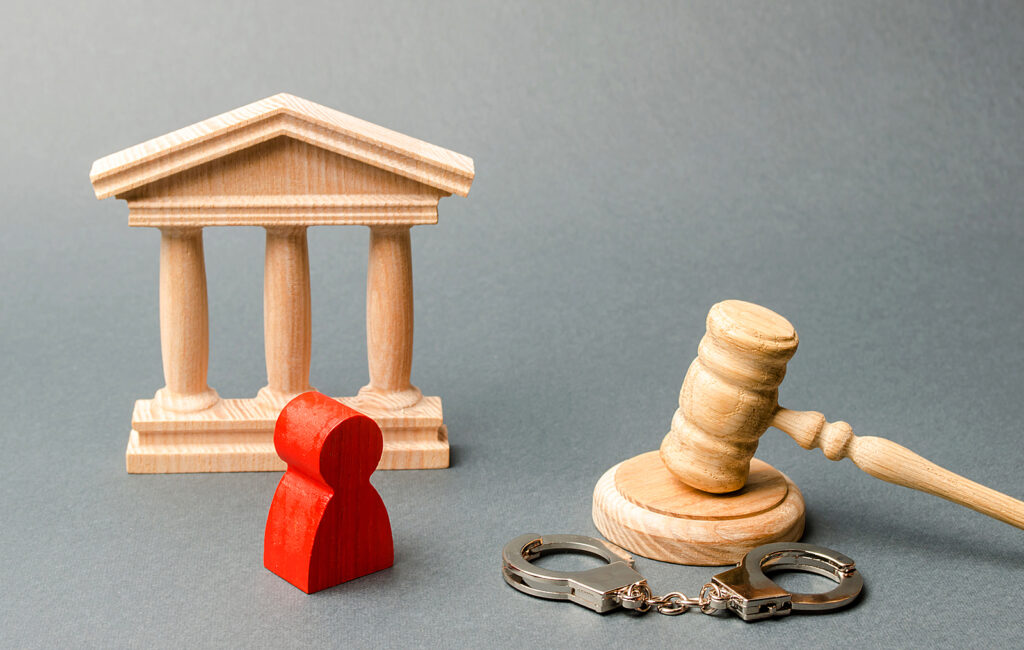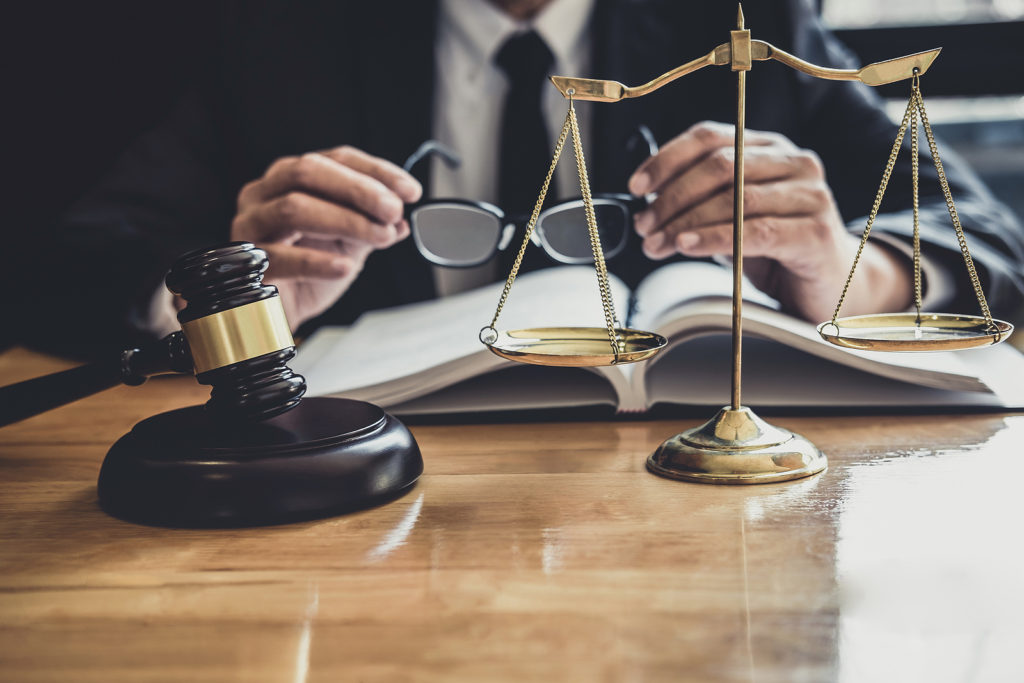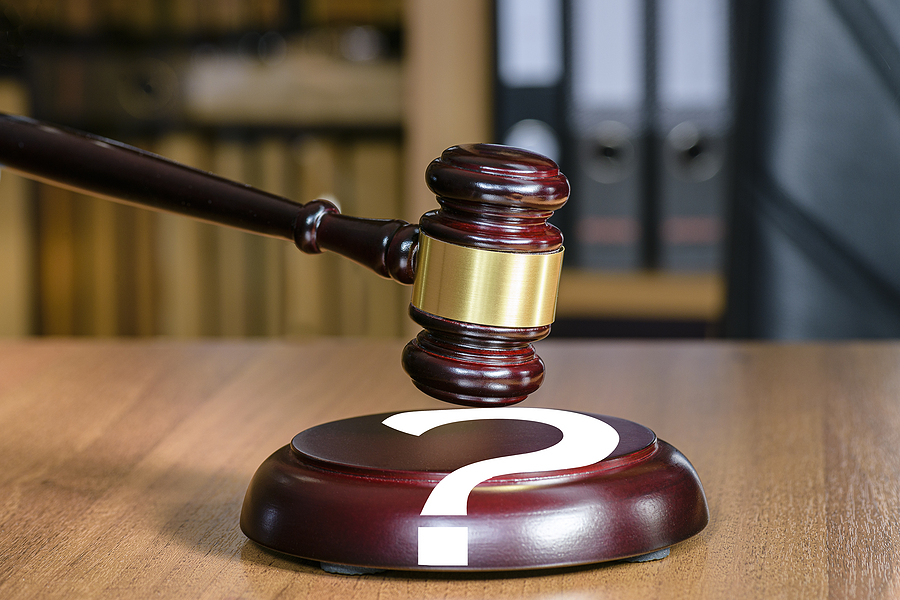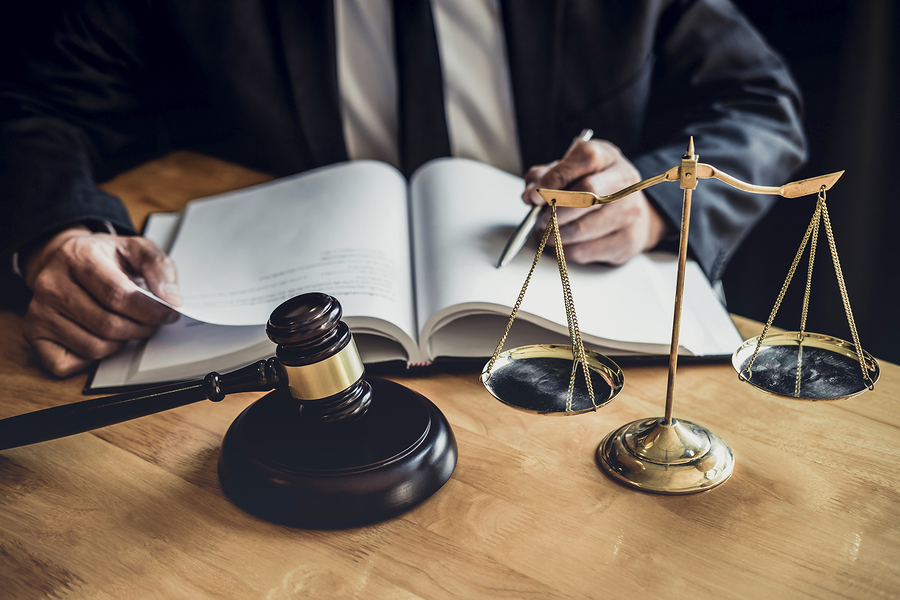Navigating the complex world of criminal law can be a daunting task for first-time offenders. Understanding the legal jargon, intricacies of criminal charges, and the profound implications they carry is crucial for anyone finding themselves on the wrong side of the law.
This blog post aims to demystify some important legal terms, offering a lifeline to those grappling with the unfamiliar terrain of criminal law. Our goal is to empower you with knowledge, thus helping you to understand the process you’re facing, and potentially assist you in making informed decisions about your legal situation.
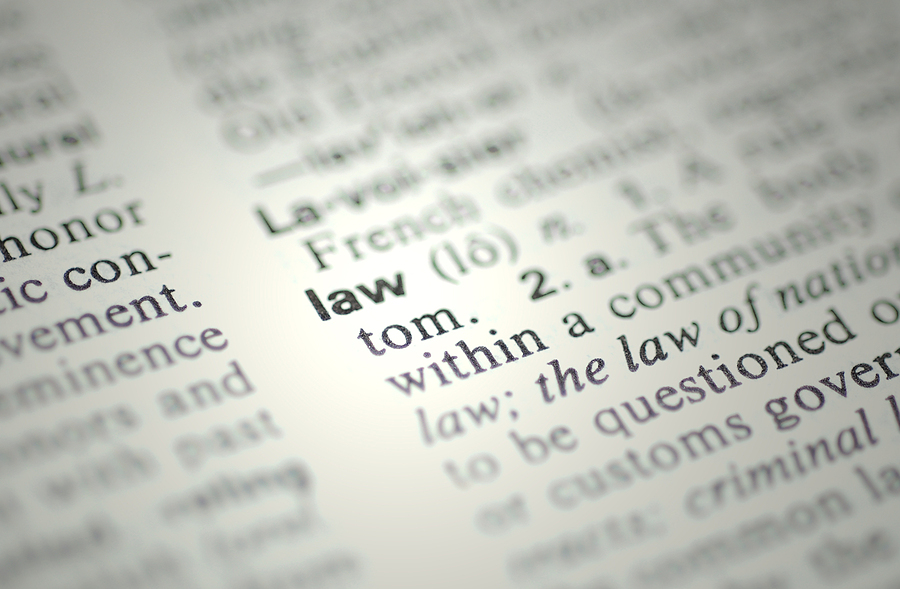
Criminal Law: A Brief Overview
Criminal law is a branch of the legal system that deals with offenses against society, involving acts that are deemed harmful or dangerous to others. This can range from minor infractions such as traffic violations to more severe crimes like murder and fraud. The purpose of criminal law is to maintain social order, protect individuals and property, and punish wrongdoers.
Criminal Charges: What You Need to Know
When someone is accused of committing a crime, they are considered to be facing criminal charges. These charges can take various forms, including misdemeanors and felonies. Misdemeanors are lesser offenses that carry a maximum punishment of up to one year in jail, while felonies are more severe crimes with potential sentences of more than one year in prison. In some cases, individuals may face multiple charges for a single incident, and each charge can carry its own set of penalties if convicted. It is important to hire a seasoned Indianapolis criminal defense lawyer to represent you in your case. With a retained attorney, you have the best chance of reducing or dismissing your criminal charges, thus avoiding the maximum penalties.
Important Legal Terms
Now that we have a basic understanding of criminal law and charges let’s delve into some essential legal terms you’ll encounter during your legal proceedings:
Arraignment: This is the initial court appearance where the defendant (the person accused of a crime) is formally charged and enters a plea.
Bail: A sum of money that can be paid to secure the release of an arrested individual before their trial. The amount of bail may vary depending on the severity of the charges and flight risk of the defendant.
Probation: A form of supervision where an individual is allowed to remain in the community under specific conditions instead of serving time in jail.
Plea Bargain: An agreement between the prosecution and defense where the defendant agrees to plead guilty to a lesser charge or receive a reduced sentence in exchange for giving up their right to a trial.
Statute of Limitations: The time frame in which criminal charges can be brought against an individual for a particular offense. Once the statute of limitations has passed, the defendant cannot be prosecuted.
Indictment: A formal accusation of a crime issued by a grand jury after reviewing evidence presented by the prosecution.
Conclusion
Being charged with a crime can be overwhelming and confusing, especially if it’s your first time facing the legal system. Understanding the basics of criminal law, charges, and important legal terms can help ease some of the stress and uncertainty you may be feeling. However, it’s crucial to seek professional legal advice from an experienced attorney to guide you through your specific case. Remember, knowledge is power, and being informed about your rights and options can make a significant difference in the outcome of your case. So, stay informed, stay safe!
You do not have to go through the legal system alone. Get a professional on your side who will fight for your rights and your freedoms. Contact Attorney David E. Lewis at 317-636-7514 to speak with a seasoned criminal defense lawyer in Indianapolis, Indiana. Our law firm will get you the best possible outcome to your criminal case!
Related Posts:
Decoding the Process: An Inside Look at Jury Selection in Criminal Cases
Breaking Down the Expense: The Cost of Hiring a Criminal Defense
Need-to-Know Courtroom Terms and Definitions

